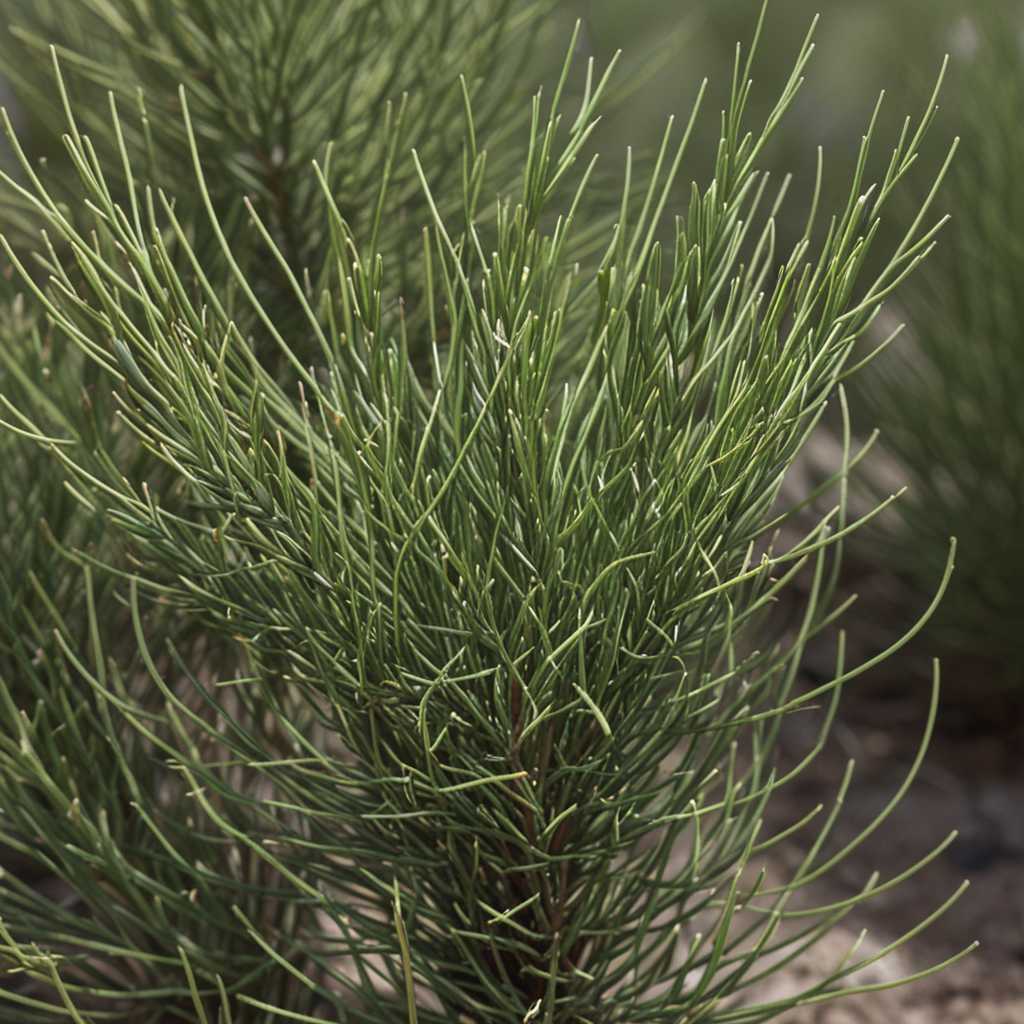Ephedra Equisetina: What To Know Before Using It For Medicinal Purposes

Ephedra equisetina, also known as the smooth jointed grass, is a plant native to arid and semi-arid regions of China, Mongolia, and parts of Central Asia.
It has been traditionally used in Chinese medicine for its purported ability to relieve respiratory conditions such as asthma and bronchitis due to its ephedrine content, which acts as a bronchodilator. However, the use of Ephedra equisetina has been controversial due to the potential for toxicity and side effects, including increased heart rate, hypertension, and even fatalities when misused or taken in excessive amounts. In recent years, many countries have restricted or banned the sale of Ephedra-containing products due to safety concerns.
Despite these restrictions, it remains an important plant in traditional medicine, with ongoing research exploring its potential therapeutic applications under controlled conditions.
Health Benefits
Ephedra equisetina has several health benefits, such as its traditional use in respiratory conditions due to its bronchodilatory properties.
It contains ephedrine, a compound that can help alleviate symptoms of asthma and bronchitis by relaxing airway muscles. Additionally, it has been used to reduce inflammation and improve circulation, which may support cardiovascular health. However, its use is controversial due to potential side effects, including increased heart rate and high blood pressure.
Despite its traditional significance, modern medicine generally advises caution and limited use under professional supervision.
10 Best Health Beneift of Ephedra equisetina
Bioactive Constituents
Ephedra equisetina has several bioactive constituents, such as ephedrine, pseudoephedrine, and norpseudoephedrine, which are alkaloids known for their stimulant and bronchodilator effects.
These compounds act by stimulating the central and sympathetic nervous systems, leading to increased heart rate and blood pressure. Additionally, they possess anti-inflammatory and mild analgesic properties, which contribute to their traditional use in treating respiratory conditions. The presence of these alkaloids makes Ephedra equisetina a significant source for pharmaceutical applications, particularly in over-the-counter cold and allergy remedies.
However, due to their potential for abuse and side effects, their use is tightly regulated in many countries.
Medicinal Preparations
Ephedra equisetina has several medicinal preparations, such as teas, tinctures, and extracts, which have been traditionally used for their stimulating and bronchodilating effects.
These preparations often involve drying the plant's stems and then grinding them into a powder or steeping them in hot water to make a tea. Tinctures are made by soaking the dried plant material in alcohol to extract its active compounds, such as ephedrine and pseudoephedrine. In traditional Chinese medicine, these preparations are used to treat respiratory conditions like asthma and bronchitis.
However, due to their potential for abuse and serious side effects, their use is now highly regulated in many countries.
Side Effects
Ephedra equisetina can have some side effects, such as increased heart rate and elevated blood pressure due to its stimulant properties.
Prolonged use may lead to insomnia, anxiety, and gastrointestinal distress. In more severe cases, it can cause seizures, hallucinations, or even heart attacks. There is also a risk of dependency and withdrawal symptoms when discontinuing use.
Because of these potential dangers, Ephedra equisetina is generally not recommended for over-the-counter use without medical supervision.